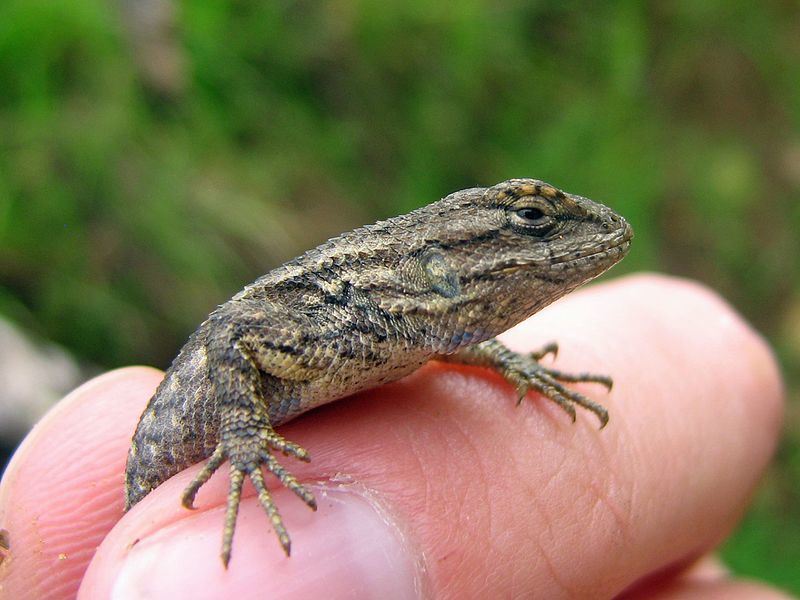Camarillo Garden Lizards: Pests or Pest Control Experts?
O’Connor’s “Agents in the Field”

You’ve probably seen lizards in your garden, lounging around on a rock or house wall, doing push-ups, soaking in the sun, or scuttling away at the sound of your footsteps.
Do they surprise you? Frighten you? Amuse you?
Whatever your reaction is, here at O’Connor Pest Control we consider them pest control experts in the best sense: they feed upon many of the insect pests that sting or bite humans and they do so completely naturally. In turn, they also act as food for birds and other larger carnivores that may travel through your garden.
What may surprise you, though, is that they also help protect Camarillo residents from Lyme Disease
In an informative San Luis Obispo Tribune story, Watch out for ticks! Here’s how to avoid getting bitten, Emily Taylor, Cal Poly Professor and director of the university’s Physiological Ecology of Reptiles Lab states that Camarillo’s two most common garden lizards, the western fence lizard (also known as a blue belly) and the alligator lizard both help suppress the spread of Lyme Disease.
To understand how lizards do so, it first helps to know a tick’s typical feeding/infection cycle:
- Tick feeds on infected deer or other mammalian or avian host carrying the Lyme disease bacteria
- Tick, now carrying the bacteria, drops off first host and eventually latches onto another host
- Second host becomes infected with the bacteria that causes Lyme
- If that second host is a human, they go on to develop the symptoms of Lyme disease
Pest Control is in our Camarillo Lizards’ Blood
Our garden lizards help interrupt this cycle, because they boast a protein in their blood that destroys the bacteria that causes Lyme Disease. When infected ticks latch onto our lizards and feed on their blood, the lizard’s unique blood protein effectively cleanses the tick of Lyme bacteria. The tick is then unable to pass the bacteria on to the next host it feeds on. The cycle is interrupted, and this may be a major reason why California enjoys a relatively low Lyme Dsease infection rate (however, some degree of caution is still necessary for all Californians — read more about checking for ticks here)
It’s remarkable to think Camarillo garden lizards not only rid our back yards of many noxious pest insects but also they also help prevent the spread of Lyme Disease. Now that’s pest control expertise!
Contact O’Connor Pest Control today if your lizards can’t handle your pest problem themselves, or call us at 800-284-7985 for immediate service!
Camarillo Garden Lizards Pest Control in Ventura CA
Serving Ventura County | Santa Barbara County

